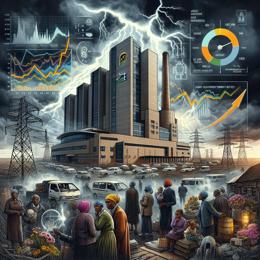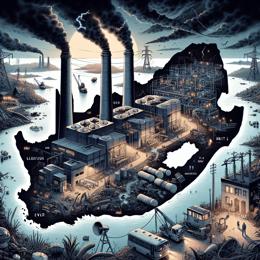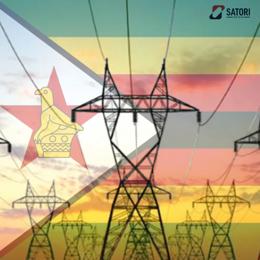Image: AI generated for illustration purposes
Eskom’s Failing Power Stations: A Stumbling Block in South Africa’s Energy Transition
South Africa's state-owned electricity public utility, Eskom, is facing an energy crisis that could derail the country's economic stability and transition to sustainable energy sources. Despite concerted efforts over the past year, Eskom's performance has declined, with power station output languishing at a mere 54% of installed capacity for the past eight months, emphasizing the growing energy challenge in South Africa.
The latest performance metrics indicate that Eskom is far from its target of achieving 60% capacity by the end of March, marking the close of its financial year. The woes were exacerbated by a major breakdown of three units at the Kusile power station in October of the previous year. Although two of these units have since returned to service, these efforts have not translated into any significant improvements in overall generation performance.
This performance decline is more alarming when compared to data from the same period in the previous year. With the energy utility's inability to guarantee a consistent power supply, South Africa faces recurrent power outages, affecting both households and industries. The situation has profound implications, hindering economic growth and raising questions about the resilience of the nation's energy infrastructure.
The South African government and Eskom have been working on a transition plan that calls for a shift towards more sustainable and reliable energy sources. However, the current situation demonstrates a pressing need for drastic reform and rapid execution of this plan.
The challenges Eskom faces are multifaceted, including aging infrastructure, financial constraints, and management issues. These obstacles have not only impaired its operational efficiency but have also limited its capacity to invest in modernization and expansion initiatives crucial for keeping pace with the nation's growing energy demands.
Moreover, the demand for electricity is predicted to rise as the South African economy seeks to recover from the impacts of the COVID-19 pandemic. This further highlights the importance of achieving a successful energy transformation that scales up the deployment of renewable energy sources and reduces the reliance on coal-powered plants.
It is essential for the government to make tough, swift decisions to improve the situation, which might include increasing private sector involvement, enhancing regulatory frameworks, and creating favorable conditions for renewable energy investments. The successful integration of renewables into the national grid holds the key to diversifying the energy mix, ensuring supply stability, and moving towards a low-carbon economy.
In conclusion, Eskom's dwindling performance underlines the necessity for the South African government to implement a comprehensive energy strategy with the urgency it calls for. The answer to South Africa's energy challenges lies not just in fixing the current power plants but also in embracing innovative and sustainable solutions that can provide a strong foundation for the future of the nation's energy sector.










